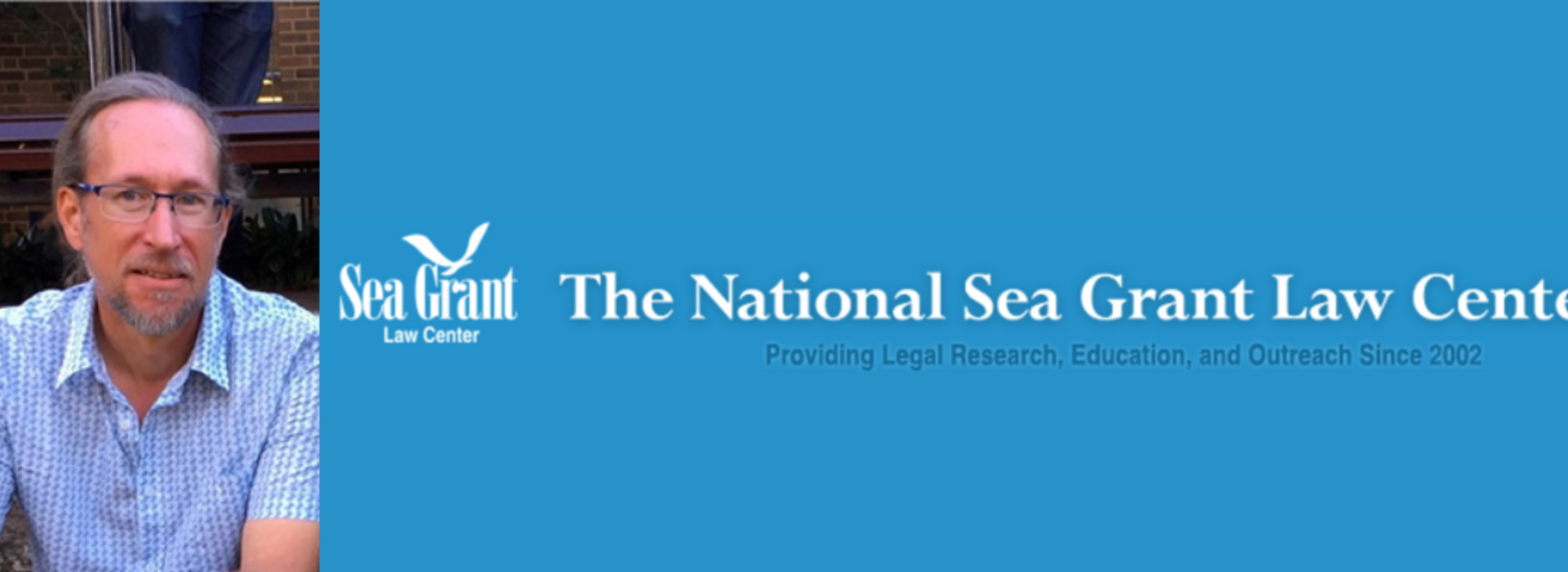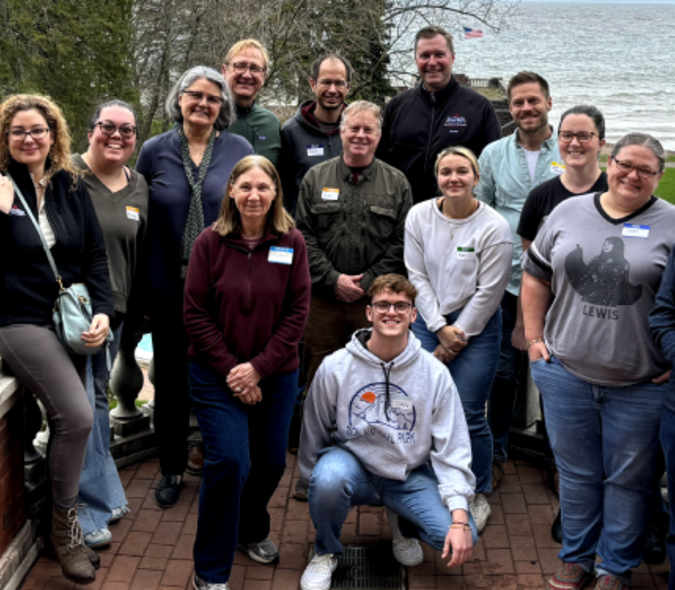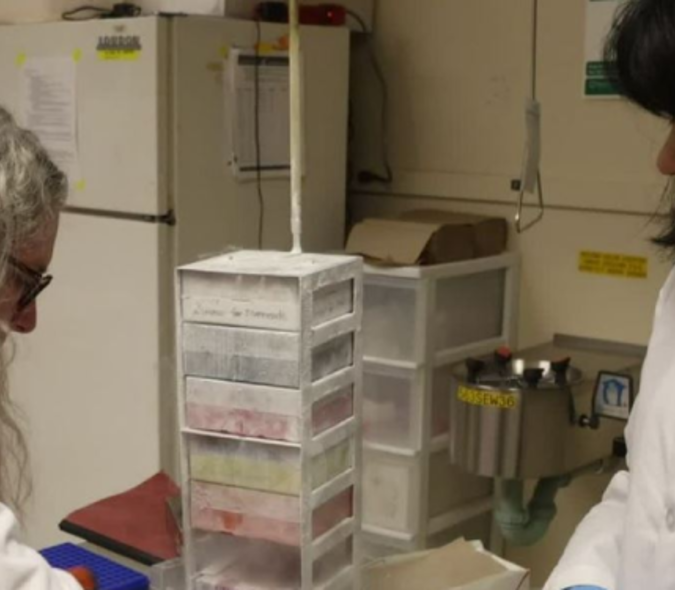
Dr. Melvin Presents Sea Grant Project to NOAA Sea Law Center
Dr. Richard Melvin, assistant professor in the Department of Biomedical Sciences at the University of Minnesota Medical School, Duluth Campus, has been working on a research project funded by the Minnesota Sea Grant. During the summer of 2020, Dr. Melvin's determined if SARS-CoV-2 genome fragments were present in water at eight Duluth-area beaches. He also tested whether human enteric virus could be used as a marker of human activity in freshwater environments.SARS-CoV-2 genome fragments were not detected in Duluth's recreational waters during the beach-going season, July to the end of August. However, beginning in September until December 2020 when monitoring ended, SARS-CoV-2 was detected in water near the city of Duluth along with a corresponding sharp increase in the presence of human enteric virus.
Results of the study were recently presented to NOAA Sea Law Center's Visioning Team on January 28, 2021, in a webinar titled, "COVID-19 in the water environment." The Sea Grant Law Center coordinates and enhances NOAA Sea Grant's activities in outreach related to coastal and ocean law issues. Attorneys at the Law Center analyze and report on current issues to set Sea Grant priorities.



